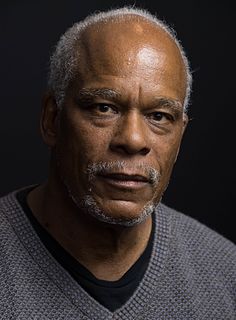A Quote by John Lewis
In 1965, the attempted march from Selma to Montgomery on March 7 was planned to dramatize to the state of Alabama and to the nation that people of color wanted to register to vote.
Related Quotes
But something stirred across the country because of what happened in Selma, Alabama, because some folks were willing to march across a bridge. And so they [my parents] got together, Barack Obama Jr. was born. So don't tell me I don't have a claim on Selma, Alabama. Don't tell me I'm not coming home when I come to Selma, Alabama.
Men and women in my lifetime have died fighting for the right to vote: people like James Chaney, Andrew Goodman and Michael Schwerner, who were murdered while registering black voters in Mississippi in 1964, and Viola Liuzzo, who was murdered by the Ku Klux Klan in 1965 during the Selma march for voting rights.
In Selma, Alabama, in 1965, only 2.1 percent of blacks of voting age were registered to vote. The only place you could attempt to register was to go down to the courthouse. You had to pass a so-called literacy test. And they would tell people over and over again that they didn't or couldn't pass the literacy test.
I thought I was going to die a few times. On the Freedom Ride in the year 1961, when I was beaten at the Greyhound bus station in Montgomery, I thought I was going to die. On March 7th, 1965, when I was hit in the head with a night stick by a State Trooper at the foot of the Edmund Pettus Bridge, I thought I was going to die. I thought I saw death, but nothing can make me question the philosophy of nonviolence.
Usually we look at it like, "Oh, black people couldn't vote in Mississippi because they had to take a literacy test." But one of the things you learn in the film is that there were major consequences for even trying to vote. You could be killed for trying to vote. You could definitely be fired from your job and many were, which is why so few black Mississippians even attempted to register early on. They put your name in the newspaper if you tried to register to vote.






























